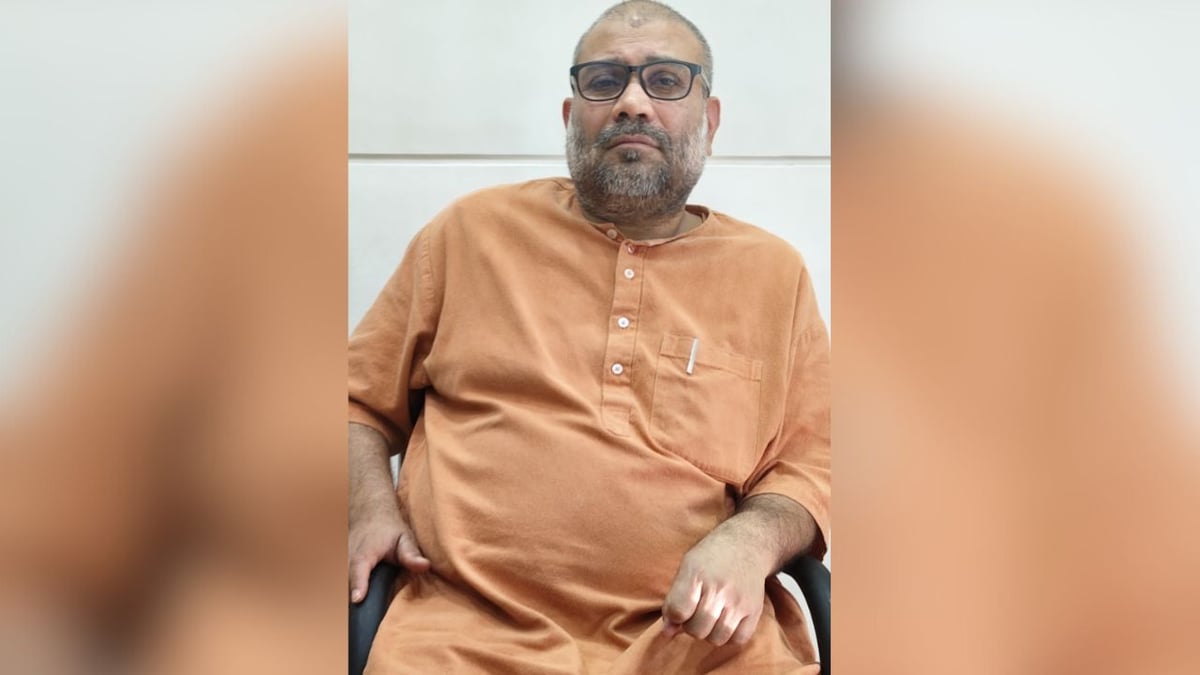The World Hindu Economic Forum 2024 will take place in Mumbai between December 13 and 15. The meet will bring business leaders, policy makers, and senior government officials to a two-and-half day long engagement with more than 100 speakers, including Chief Ministers of Uttar Pradesh, Maharashtra, and Gujarat. A policy paper will be prepared at the end of the meeting to be presented to the government during the pre-budget period. The agenda for the conclave was announced on Monday in Mumbai.
Swami Vigyananand, founder of the organisation, in an interview with FPJ, spoke about the beginnings of the WHEF and his vision of an India that reclaims the economic prominence that it commanded a thousand years ago before foreign invasions destroyed its economy and impoverished the population. Swami Vigyananand, an alumnus of the Indian Institute of Technology, Kharagpur, registered the group in 2010 and organised its first public event in 2012.
Insights from the interview with Swami Vigyananand
How was the idea of the World Hindu Economic Forum born?
I was in Southeast Asia and I became friends with one Professor Tan, a professor of history and economics at Malay University. When I studied the Southeast Asian economy. And no, I was not talking about a thousand years ago; I am just talking about around post World War II. We Hindus were in a fairly good position in Southeast Asia. But now, the Chinese are controlling. One day I asked Professor Tan: You Chinese are not smarter than us, but how do you control the entire Southeast Asian economy?
You told him that?
We were friends. You know what he told me: you fellows are individually smart, not collectively. In a way it was a compliment, but he was also hammering us. He said when the Chinese organised their economy they started attacking us, not with a stick but with their business. Because there was a time when India had a supply chain to Southeast Asia, our Tata trucks, Ambassador cars, everything used to come through the supply chain because India was an industrial economy; they were all consuming countries. But they started attacking us and we retreated. So this was like a bomb to me. It was the same story in Africa. Our population is largely very low income with a very small middle income group. So, I thought of focusing on this. A business economy is very important.
There is a perception that Hindus are not business oriented. This question was raised at the media briefing. Do you think this is true?
No. No. How can you say that? Around 2400 years ago Chanakya talked about economic principles. We had business philosophy and economic understanding. We had a taxation system; everything was there. And because we were economically focussed we were producing 35% of the world’s GDP. Then we started declining. So we came to around 25% during the Muslim period. We declined, but slowly because they were not looting; they were destroying. But the British drained the economy; they sucked the blood out of it. And we became 1.2% of the world economy.
But we had more than 70 years to undo what the British did.
Let me tell you very frankly. You know who is responsible for that? India’s first budget (the interim government of 1946-47) was presented by Liaquat Ali Khan. And he is the one who damaged the whole thing. And Nehru continued. All this had the approval of the Cripps Mission and the Cabinet Mission. He did this to damage the economy permanently. We followed the socialistic model and we lost the opportunity created by the end of World War II.
What is the message for the youth from the World Hindu Economic Forum?
Their idols should not be a third-class Bollywood dancer. Our role models should be J R D Tata, Ratan Tata, Narayana Murthy, the Singhanias, and the Birlas. Their stories should resonate with the youth.
It has been more than a decade since the setting up of the World Hindu Economic Forum. Have you seen changes in the Hindu business world?
Very major changes have happened. When we started, nobody was saying that the Hindu businessmen would come together. Everybody used to mock me.
